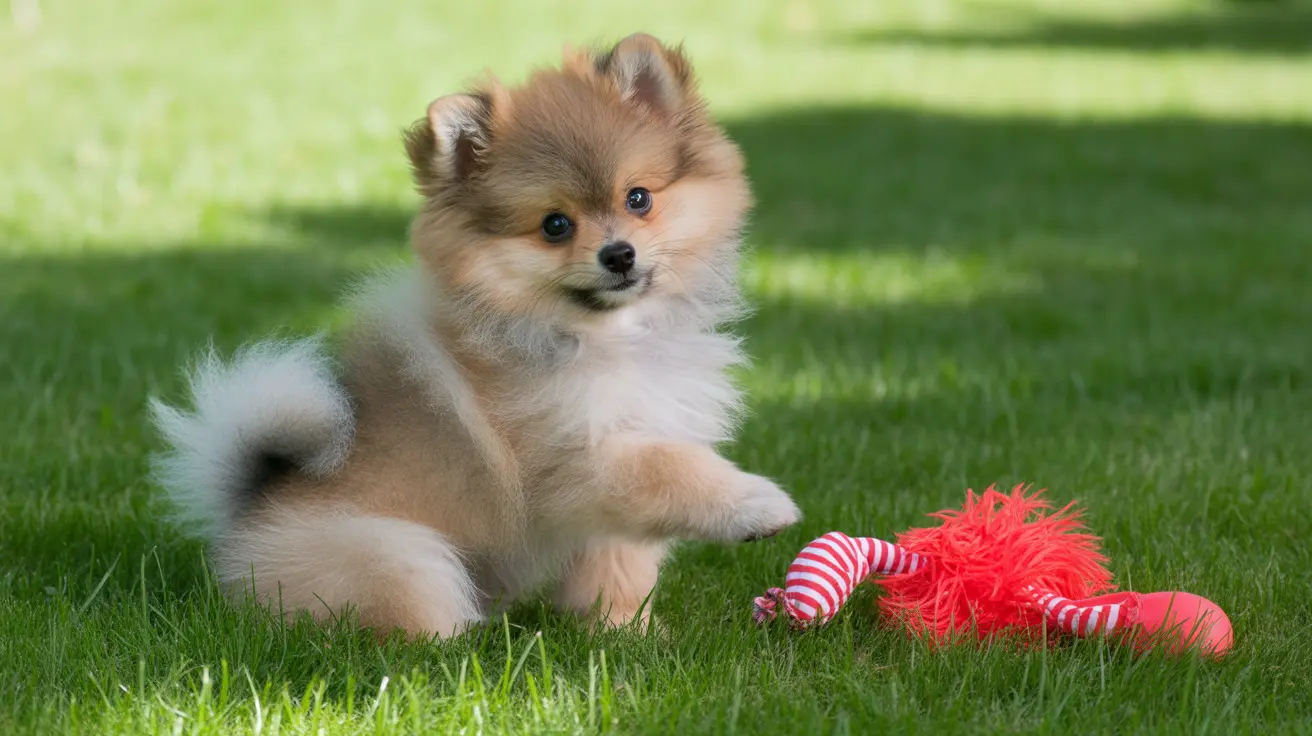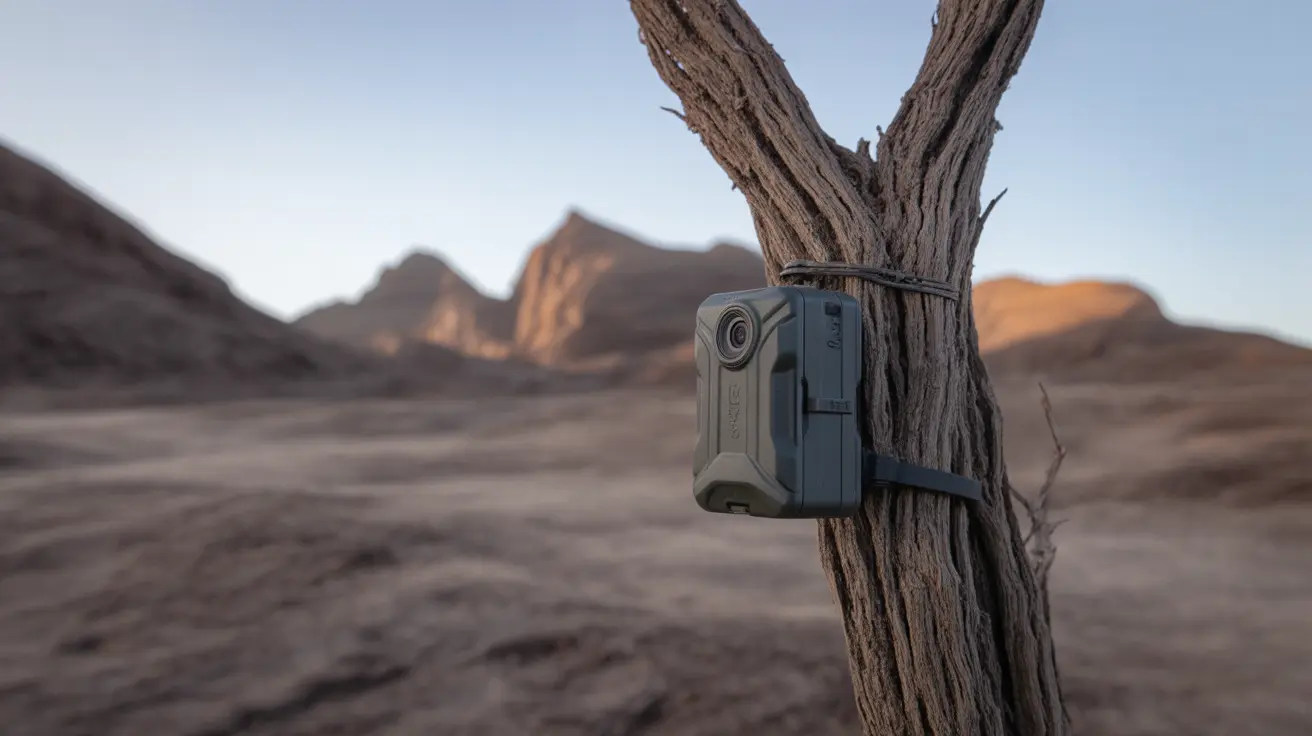Understanding Normal Puppy Urination Patterns
If you're wondering "why is my puppy peeing so much," you're not alone. Frequent urination is a common concern among new puppy parents, but it's often completely normal during the early months of development. Puppies naturally urinate more frequently than adult dogs due to their smaller bladder capacity and developing urinary control mechanisms.
As a general rule, puppies can typically hold their bladder for about one hour per month of age. This means a three-month-old puppy may need to urinate every three hours, while a six-month-old puppy can usually last around six hours between bathroom breaks.
Normal vs. Excessive Urination in Puppies
Expected Urination Frequency
Healthy puppies typically need to urinate:
- After waking up from naps
- Within 15-30 minutes of eating or drinking
- During or after playtime
- Every 1-2 hours when awake (for very young puppies)
- At least 3-4 times during the night (for puppies under 4 months)
Signs of Abnormal Urination
While frequent urination is normal, certain patterns may indicate a problem:
- Suddenly peeing more often than usual
- Straining or crying while urinating
- Urinating very small amounts frequently
- Blood in the urine
- Accidents after successful house training
Common Medical Causes of Frequent Urination
Urinary Tract Infections (UTIs)
UTIs are one of the most common medical reasons for excessive urination in puppies, particularly in females. Signs include frequent urination, straining, and sometimes blood in the urine. If you notice these symptoms, veterinary attention is necessary.
Other Medical Conditions
Several other health issues can cause increased urination:
- Bladder infections or inflammation
- Kidney problems
- Diabetes (rare in puppies but possible)
- Congenital urinary tract abnormalities
- Bladder stones or crystals
Behavioral Causes of Frequent Urination
House Training Challenges
Many cases of frequent urination are related to the house training process. Puppies are still learning bladder control and may not yet understand where and when it's appropriate to urinate. Consistency and positive reinforcement are key during this learning period.
Excitement and Anxiety
Some puppies may urinate more frequently due to:
- Excitement when meeting new people
- Anxiety in new situations
- Submissive urination
- Changes in routine or environment
When to See a Veterinarian
Contact your veterinarian if you notice:
- Significant changes in urination frequency
- Signs of pain or discomfort while urinating
- Excessive thirst alongside frequent urination
- House training regression
- Any blood in the urine
Prevention and Management Tips
To help manage your puppy's urination patterns:
- Maintain a consistent feeding and potty schedule
- Provide plenty of opportunities for bathroom breaks
- Monitor water intake, especially in the evening
- Use positive reinforcement during house training
- Keep a log of urination frequency to share with your vet if concerns arise
Frequently Asked Questions
Why is my puppy peeing so much compared to adult dogs?
Puppies pee more frequently than adult dogs because they have smaller bladders and are still developing bladder control. Their muscles are not yet strong enough to hold urine for extended periods, and they're still learning to recognize and respond to the urge to urinate.
How often should a puppy need to pee based on its age?
Puppies typically need to urinate once per hour for each month of age (e.g., a 4-month-old puppy can usually hold it for 4 hours). However, this varies by individual and circumstances such as activity level and water intake.
What medical conditions can cause excessive urination in puppies?
Common medical causes include urinary tract infections, bladder inflammation, kidney issues, diabetes, and congenital abnormalities. Any sudden increase in urination should be evaluated by a veterinarian.
How can I tell if my puppy's frequent peeing is a sign of a health problem?
Watch for signs like straining, pain while urinating, blood in the urine, excessive thirst, or accidents after successful house training. These symptoms warrant veterinary attention.
What steps can I take to manage and reduce my puppy's frequent urination during house training?
Establish a consistent schedule, reward outdoor elimination, monitor water intake, and ensure frequent potty breaks. Be patient and maintain positive reinforcement throughout the training process.






